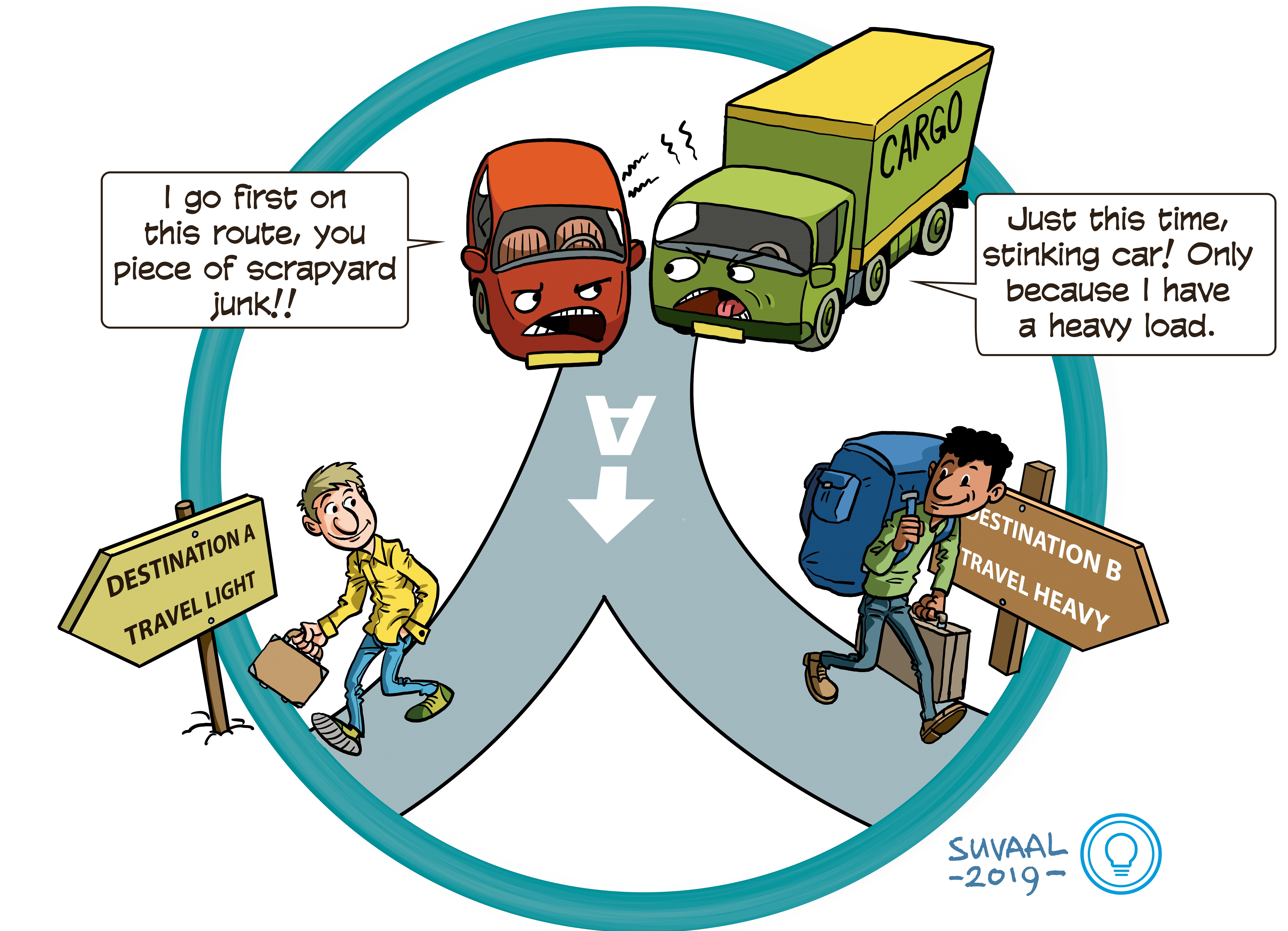Innovations for dynamic fleet management
Themes: Robotics, Software technology & Intelligent Systems


A TRL is a measure to indicate the matureness of a developing technology. When an innovative idea is discovered it is often not directly suitable for application. Usually such novel idea is subjected to further experimentation, testing and prototyping before it can be implemented. The image below shows how to read TRL’s to categorise the innovative ideas.
Summary of the project
Transport systems grow in terms of size, capacity, complexity and ambient pollution. They also interact more with the environment and are controlled in real time. People however expect industrial systems, and transport and production systems in particular to be safe, flexible, efficient, reliable, and labour extensive. Future transport systems therefore have to be designed in a different way focusing on their control and management, the powering of the equipment used, the effects of automation, and their ambient impact.
The researcher works on fleet management algorithms to make vehicle ownership superfluous in the long-run. The aim is to develop platforms to connect different players in mobility and transportation, using smart algorithms that tell vehicles where to go. A central idea is that these platforms focus on customers’ needs; so you and your cargo can go where you want, when you want and in the way you want. In these models service expectations of customers are controlled as constraints, and game theory based optimisation is used to create incentives for cooperation. What is unique is that this platform combines multi-agent systems, reinforcement learning with optimisation modelling, providing a reliable and high service quality, even without self-owned vehicles.
What's next?
The next step for this research is to develop a dual-mode approach in which autonomous and human-operated vehicles share the road.
Dr. Frederik Schulte
